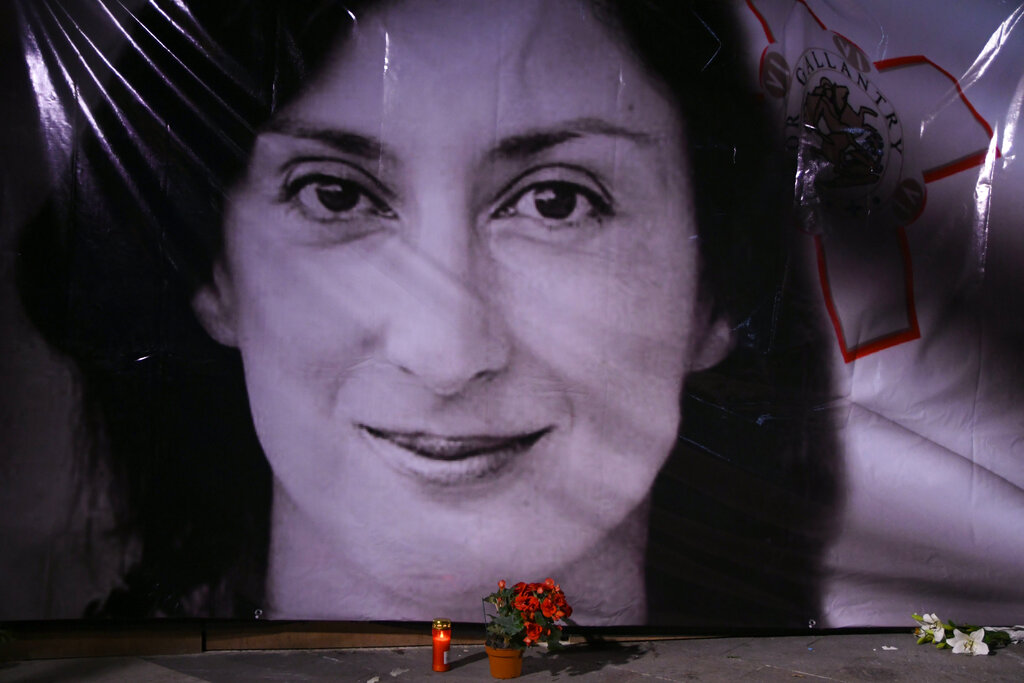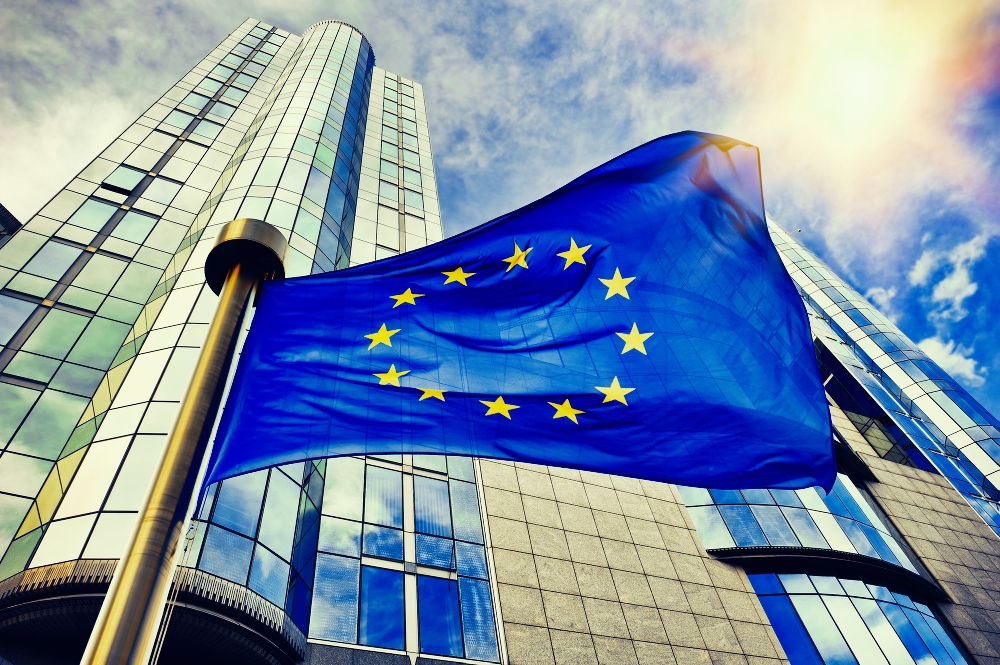It has been five years since the murder of investigative journalist Daphne Caruana Galizia in Malta, yet the event resulted in barely two debates in the European Parliament: one after the murder and the second to be held the next week, almost on the anniversary of her death.
In another EU member country, Slovakia, an investigative journalist Jan Kuciak and his fiancée were murdered. The parliament sent an inquiry committee to Bratislava and held just one debate on this subject.

Meanwhile, close to 20 debates in the European Parliament have so far been held on the subject of Poland — I stopped counting them after the 12th debate — in addition to the many, many meetings of the European Commission over the member state’s perceived “uncooperative” behavior.
This is a situation that clearly shows the existence of double standards in Brussels. Poland is persecuted while countries where de facto political murders are being committed have to “face” only singular debates.
Then there is Bulgaria, a state that since its entry to the EU 15 years ago is consistently at the top of the list of countries with the highest level of fraud relating to EU funds. A state where a government was toppled because it wanted to provide weapons for Ukraine and so unstable that four parliamentary elections were held over the course of one and a half years.
But for Brussels, Poland’s the problem.






